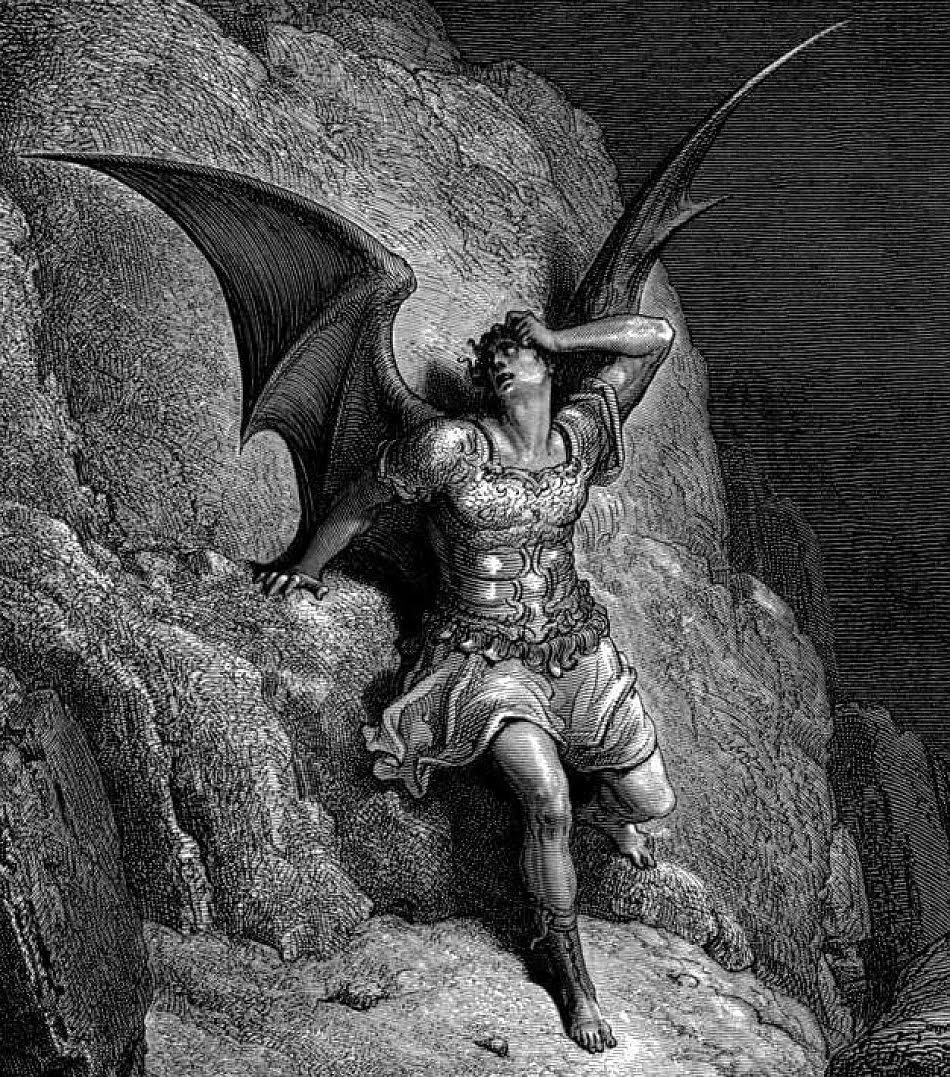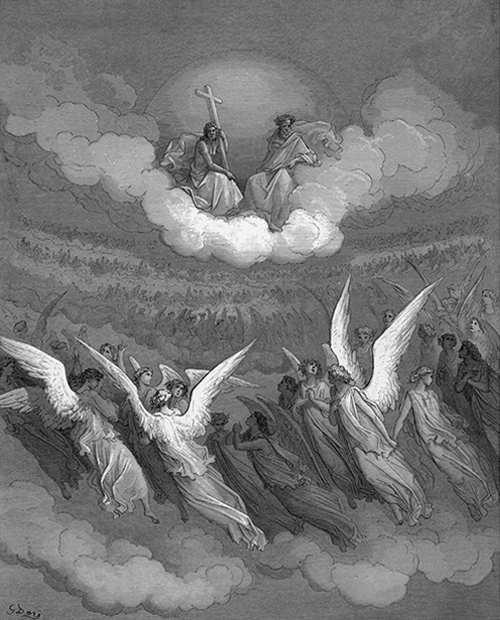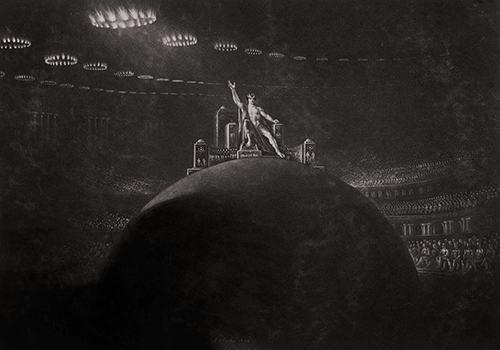For English professor John Rogers, an esteemed scholar of 17th century poet John Milton, the University of Toronto is paradise found.
Rogers joined the Faculty of Arts & Science’s Department of English last summer, having taught at Yale University for 30 years before deciding to come north of the border.
“It was an extraordinary opportunity that presented itself,” says Rogers. “I had spoken here a few times and had always known that U of T was one of, if not the, greatest centre for the study of Milton and other 17th century English poets. It was a thrill to be able to move to an institution that has such a long and storied commitment to the teaching of Milton.”

A proud “Miltonist,” Rogers still finds Milton’s biblical 11,000-line poem about the fall of man, Paradise Lost, endlessly inspiring.
“I remember reading it as a first-year student at college and I remember my head exploding. I was completely blown away,” he says.
“I admired the sheer conceptual ambition behind the poet’s project. He tries to explain, in verse, almost everything that he took to be important or consequential. Milton worked to explain the origin of every fact, every detail and every idea that really mattered in that remarkable epic.”
Rogers is teaching both undergraduate and graduate courses on Milton, though he’s never met any of his students — nor many of his colleagues — in person because of the COVID-19 pandemic.
“I have absolutely loved my teaching here so far, it's been incredibly exciting,” says Rogers, adding that his wife, Andrea Walkden is also teaching in the English department.
I learn something that I consider to be important and new every time I teach Paradise Lost. My students find things, make connections and understand strange aspects of the poem that I've never understood before. It's still such a thrill
“We have never seen any of our students in person. Everything takes place over Zoom. But about 15 minutes into any given class experience, I forget there’s a monitor and not actually a roomful of students.”

In fact, he wonders if there might be some advantages to teaching in this way.
“You're looking at students faces and they're looking at your face. There're no distractions,” he says. “There’s an intellectual connection that seems more easily communicated in the Zoom universe. I haven’t found it nearly as alienating as many others over the last several months.”
When Rogers isn’t teaching, he’s writing. He is author of The Matter of Revolution: Science, Poetry, and Politics in the Age of Milton, as well as numerous essays on a range of 17th century literary and cultural topics.
He now has his sights set on launching a new research project that will become the foundation of his next book. “That project will be a study of the remarkable and surprising impact that Milton's great epic poem had on 19th century American religion,” says Rogers.
Called Latter-day Milton: Paradise Lost and the Creation of America’s God, Rogers will explore the unlikely role that Milton’s work played in the inception of two of America’s 19th century religions, Mormonism and Seventh-Day Adventism.
“Scholars have always thought of Milton as being the very embodiment of high culture, sophisticated, literate, educated, invested in all things classical, all things literary and intellectual,” says Rogers.
“There were some very pious, evangelical thinkers and preachers in the early and middle 19th century who found themselves devoted to the reading of Paradise Lost and treating it as if it were scripture itself.
“No one has ever really thought of a work of literature being capable of spawning an actual religion,” he adds. “There's been resistance from a number of scholars to making this identification. But I'm committed to making it and I'm looking forward to bringing this into a research project that some graduate students can commit to as well.”

In addition to teaching, writing and research, Rogers was also recently named the Canada Research Chair in Early Modern Literature and Culture. What does he hope to achieve as chair?
“I'm still figuring that out,” he says, having only received the official announcement weeks ago. But he knows it will enable him to play a major role in one of his favourite literary events.
“Every year the University of Toronto sponsors one of the great international conferences about Milton called the Canada Milton Seminar,” says Rogers. “It's a sizable conference and the prospect of helping to shape this seminar is really exciting.”
In the meantime, Rogers will resume exploring his most treasured poem and continue to be amazed.
“I learn something that I consider to be important and new every time I teach Paradise Lost,” he says. “My students find things, make connections and understand strange aspects of the poem that I've never understood before. It's still such a thrill.”

